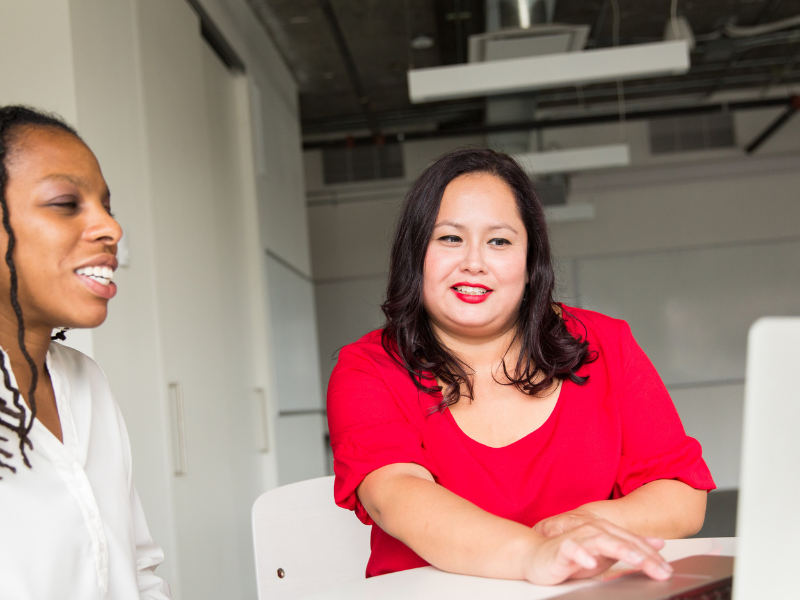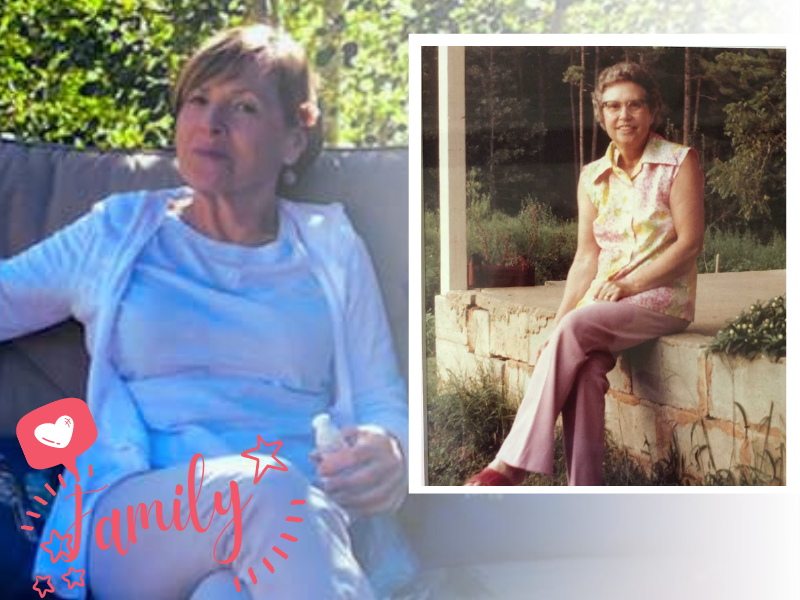
Origins of the Georgia Center for Opportunity: Why we focus on education
Origins of the Georgia Center for Opportunity: Why we focus on education

If you’ve been following the work and mission of the Georgia Center for Opportunity (GCO), you’ve probably heard us talk about the Success Sequence. It’s a proven model to alleviate poverty that says a good education leads to a stable job, which in turn leads to stronger families that provide the best context for individuals to reach their God-given potential and build thriving communities.
This is why GCO has long focused on expanding educational opportunities as the key to changing lives and breaking the cycle of generational poverty that has trapped far too many—for far too long.
Even in the mid-1990s—when we first got involved with charter school legislation—we were keenly aware that while some Georgia students had access to excellent education opportunities, most living in low-income areas did not. And tragically, it’s the kids from low-income families who most often are stuck in failing public schools—setting them up for a lifetime of failure and dependency.
Fast forward to 2007, when GCO played a key role in building on the charter school law to create the Georgia Special Needs Scholarship Program. As Georgia’s first private choice program, these scholarships allow families to send their special needs children to schools that best meet their academic needs. And the growth of the Special Needs Scholarship has been impressive. As of the 2019-2020 school year, there were 5,203 students in 254 schools across Georgia benefitting from the program—with vouchers averaging $6,838 per student.
The following year, we were instrumental in working with state legislators to pass the Georgia Qualified Education Expense Tax Credit. This program offers tax credits to corporate and individual donors supporting nonprofit student scholarship organizations (SSOs) that provide private school scholarships to students in need. Now a $100 million program, it, too, has been widely embraced—enabling many children from low-income, working-class, and minority families to attend private schools to better meet their academic needs. As of 2019, 22 SSOs have awarded 16,358 scholarships averaging $4,560—representing 38% of public school spending per student.
The Success Sequence provides an outline of how to reverse the cycle of poverty in our communities. GCO uses this as a framework for much of our work.
Beyond our schools, GCO has also been a key player for many years to help adults get the training they need to enter the workforce—and stay employed. Through various apprenticeship programs and our Hiring Well, Doing Good (HWDG) program—now called Better Work—we continue to focus on ensuring that students and job seekers have the tools they need to land a job that meets the demands of a rapidly changing workforce. Unique among back-to-work programs, Better Work is a catalyst connecting employers to local and state chambers of commerce, vocational colleges, nonprofits, and churches.
While there’s no doubt that GCO has played a key leadership role in removing barriers so that every person—no matter their race, past mistakes, or birth circumstances—has access to a quality education, fulfilling work, and a healthy family life, there’s still more to do.
Looking forward, we will continue to call for further expansion of the tax-credit and special needs scholarship programs, which transform lives and are widely embraced by Georgians regardless of socioeconomic status, race, zip code, and political affiliation.
And we will keep pressing for Education Savings Accounts (ESAs), which would offer much-needed flexibility and assistance to students from low-income families, those adopted from foster care, children of active duty military, students with an Individualized Education Program, and those with a documented history of being bullied.
The good news is that Georgians from all backgrounds are clamoring for more educational options. And if there’s a bright spot to the pandemic, it’s that parents—and legislators alike—are more open than ever to creative solutions that provide more quality education options that put people on the path to success for life.
One recent example is federal funding through the Governor’s Emergency Education Relief Fund (GEERS), which provides assistance to local educational agencies, institutions of higher education, and other education related entities impacted by the coronavirus. This includes providing child care and early childhood education, social and emotional support, and protection for education-related jobs.
The bottom line is that people want more freedom. And it is education that opens doors to fulfilling work, which impacts individuals for the rest of their life—the Success Sequence in a nutshell.












